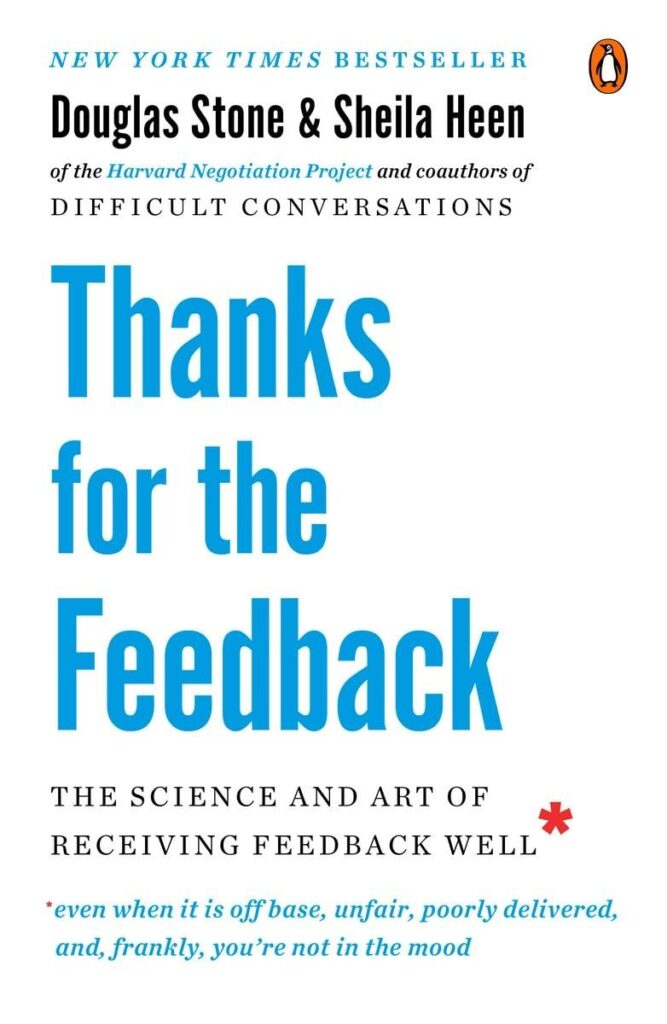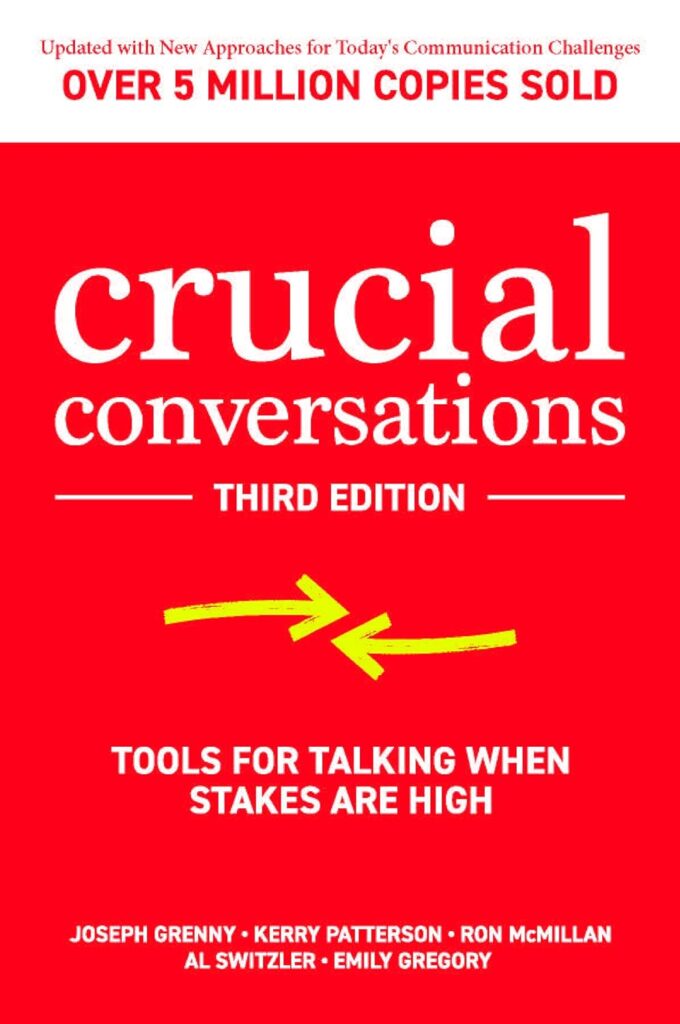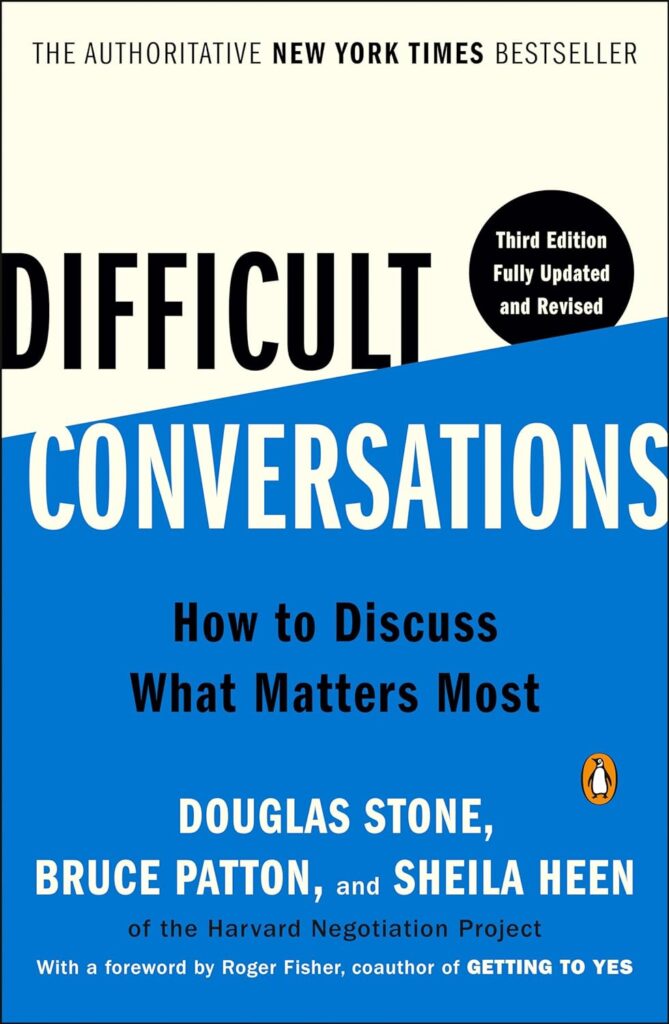Navigating the professional world can be challenging, especially when faced with workplace criticism or mockery from colleagues. Such experiences can be disheartening and may even shake your confidence.
However, understanding how to handle these situations effectively can help you maintain your self-esteem and continue to thrive in your career.
This article will provide practical advice on managing workplace criticism and staying confident, inspired by a real-life scenario. Here you’ll learn:
- How constructive feedback can be differentiated from destructive criticism.
- Strategies to maintain confidence amidst criticism.
- The importance of resilience and emotional intelligence in the workplace.
Understanding the Nature of Criticism
Criticism in the workplace can come in many forms, from constructive feedback aimed at improving your performance to outright mockery that can feel personal and demoralizing. It’s essential to distinguish between these types of workplace criticism to respond appropriately.
Constructive vs. Destructive Criticism
- Constructive Criticism: is intended to help you improve. It is specific, actionable, and delivered respectfully. For instance, if a colleague suggests that your presentation could benefit from more data to support your points, they are providing constructive feedback.
- Destructive Criticism: often lacks specificity and can be delivered in a hurtful manner. It may come across as personal attacks rather than helpful suggestions. For example, mocking someone’s idea without offering any constructive input is destructive.
Strategies to Maintain Confidence
Facing criticism, especially when it feels undeserved, can be tough. Here are some strategies to help you maintain your confidence:
1. Separate Personal Feelings from Professional Feedback
It’s crucial to remember that criticism of your work is not a reflection of your worth as a person. Keeping this separation can help you view feedback more objectively and reduce the emotional impact.
2. Seek Clarification and Feedback
If the criticism is vague or feels unjustified, don’t hesitate to seek clarification. Ask for specific examples and suggestions for improvement. This not only shows your willingness to grow but also helps you understand the feedback better.
3. Build a Support Network
Having a support network of colleagues, mentors, or friends can provide you with a sounding board for your ideas and a source of encouragement. They can offer perspective and help you stay grounded.
4. Focus on Your Strengths
Remind yourself of your accomplishments and strengths. Keeping a record of positive feedback and achievements can serve as a confidence booster during challenging times.
5. Practice Resilience
Resilience is the ability to bounce back from setbacks. Developing resilience involves maintaining a positive outlook, learning from experiences, and not letting criticism derail your progress.
6. Use Self-Deprecating Humor
As suggested by a commenter, using self-deprecating humor can disarm critics and show that you are confident enough to laugh at yourself. This approach can also diffuse tension and shift the focus back to the work rather than personal attacks.
The Role of Emotional Intelligence
Emotional intelligence (EI) is the ability to understand and manage your emotions and the emotions of others. High EI can help you navigate workplace dynamics more effectively.
Components of Emotional Intelligence:
- Self-Awareness: Recognize your emotions and how they affect your thoughts and behavior.
- Self-Regulation: Manage your emotions healthily and constructively.
- Motivation: Stay focused on your goals despite setbacks.
- Empathy: Understand and consider the emotions of others.
- Social Skills: Build strong relationships and manage conflicts effectively.
Applying Emotional Intelligence:
- Stay Calm: when faced with criticism, take a moment to breathe and collect your thoughts before responding.
- Listen Actively: show that you are listening by nodding and summarizing what the other person has said. This demonstrates respect and can help de-escalate tense situations.
- Respond, Don’t React: aim to respond thoughtfully rather than reacting impulsively. This can help you maintain professionalism and control over the situation.
The Importance of a Positive Workplace Culture
A positive workplace culture encourages open communication, collaboration, and respect among employees. It fosters an environment where ideas can be shared without fear of ridicule.
Promoting a Positive Culture:
- Encourage Constructive Feedback: Create a culture where feedback is given respectfully and constructively.
- Recognize and Celebrate Success: Regularly acknowledge and celebrate individual and team achievements.
- Foster Inclusivity: Ensure that all employees feel valued and included. This can be achieved through diversity training and inclusive policies.
- Provide Support: Offer resources for professional development and mental health support.
FAQs about Handling Workplace Criticism
1. How can I differentiate between constructive and destructive criticism?
Constructive criticism is specific, actionable, and delivered with the intent to help you improve. Destructive criticism, however, is often vague, personal, and delivered in a hurtful manner.
2. What should I do if I feel the criticism is unjustified?
Seek clarification and ask for specific examples. This shows your willingness to improve and helps you understand the feedback better. If the criticism still feels unjustified, consider discussing it with a trusted mentor or HR.
3. How can I maintain my confidence after receiving negative feedback?
Focus on your strengths and achievements, seek support from your network, and practice resilience. Remember that criticism of your work is not a reflection of your worth as a person.
4. How can I use emotional intelligence to handle criticism?
Stay calm, listen actively, and respond thoughtfully. High emotional intelligence helps you manage your emotions and navigate workplace dynamics effectively.
5. What role does workplace culture play in handling criticism?
A positive workplace culture encourages respectful and constructive feedback, making it easier to handle criticism. It promotes open communication, collaboration, and respect among employees.
Related Articles
- Unlocking the Power of Internal Marketing Strategies to Transform Your Workforce
- My best Internal Marketing practices
- The Secrets to Mastering Effective Communication: Tips for Lasting Impact
Handling workplace criticism with grace and maintaining your confidence is a skill that can significantly impact your professional growth and overall well-being. By applying the strategies discussed and fostering a positive workplace culture, you can navigate criticism effectively and continue to thrive in your career.


